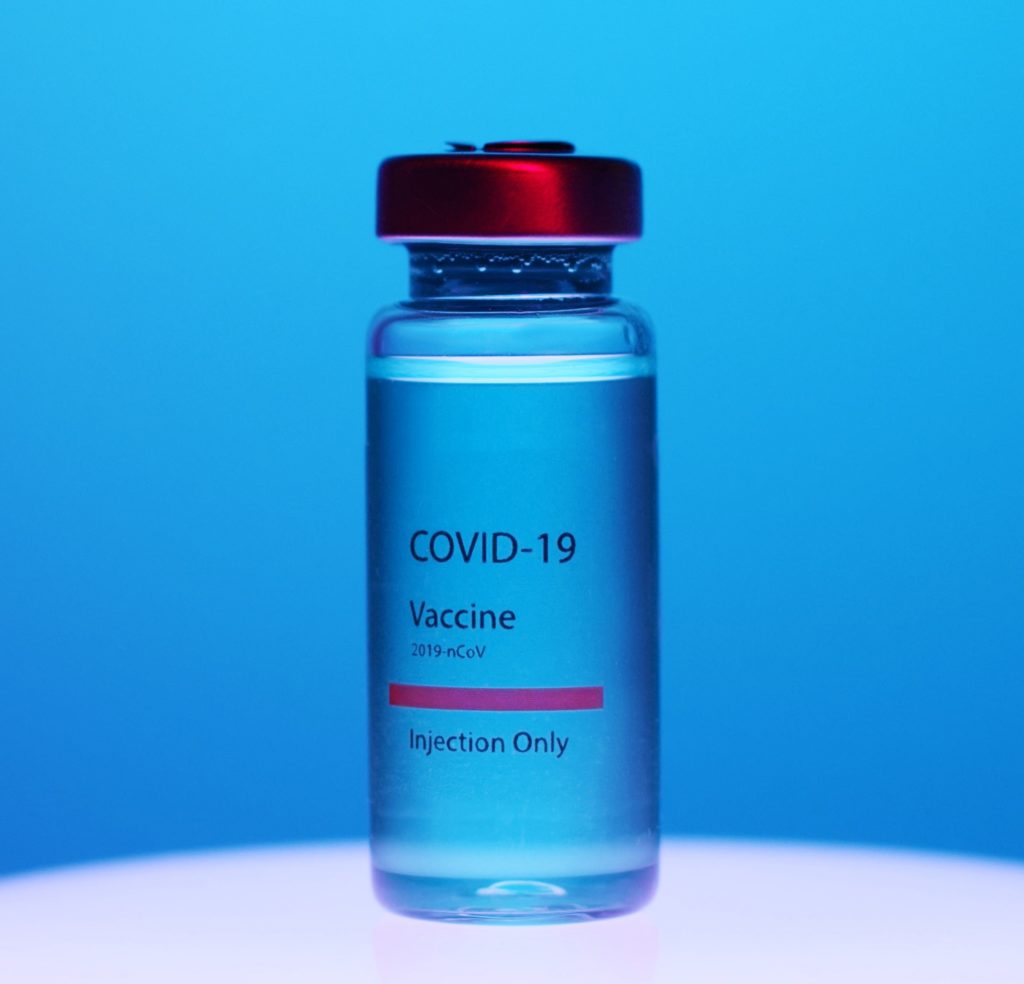The State of Florida has not included hospice or other clinicians who serve patients in the home from the early rounds of distribution of the COVID-19 vaccine. Stakeholders say the delay puts hospice workers, their families and patients at risk and interferes with access to care.
Hospice care requires close personal contact with multiple patients and families on a daily basis, contributing to increased risk of infection. Florida’s current policy excludes 20,000 hospice and in-home health care workers across the state. The policy prioritizes vaccination for health care workers who report to the same location every day, such as a hospital or skilled nursing facility.
“We are getting word from some of the customers that we serve saying that if we can’t have employees vaccinated, then they are not going to let our staff into their facilities,” Jackie Lopez-Devine, chief clinical officer for the hospice and palliative care provider Trustbridge, told Hospice News. “It’s really important that employees who are going into the home setting be considered frontline workers.”
Many hospices experienced difficulty accessing their patients who reside in nursing homes and other facilities due to restrictions as to who may enter. This has persisted despite the U.S. Centers for Medicare & Medicaid Services indicating that hospice workers should be considered essential and allowed in.
In the early days of the pandemic, hospice leaders cited those restrictions as a top concern, with many saying that removal of those restrictions were likely to be the COVID-related issue that could most impact their businesses and their patients and staff.
The federal government has been providing vaccines to the states, which manage distribution in accordance with their own policies. Thus far in Florida hospitals and the state health department have been responsible for the administration of vaccines, but the program will soon shift to a private vendor called Publix.
The risk of infection has been a source of tremendous stress for hospice workers and has caused patients and families a great deal of anxiety about allowing clinicians into their home due to fear of contracting the virus.
“There is a lot of fear. You worry that you may bring something home and worry that you are going to get sick,” said Mary Stewart, a certified nursing assistant for Trustbridge. “The quicker that they can get the frontline worker the vaccine, it will be so helpful to all the employees that work in health care. It would ease a lot of stress and allow us to continue to give our patients and families good care.”
The impact on hospice workers’ personal lives has been drastic. At the end of each work day, Stewart does her best to decontaminate by changing clothes and shoes before entering her home, applying hand sanitizer and wiping her hands with disinfectant wipes. Once inside, she immediately showers and changes into another set of fresh clothes. She also tries to physically distance from family as much as possible.
To date, three large drugmakers have produced COVID-19 vaccines: British-based pharmaceutical and biopharmaceutical company AstraZeneca (NASDAQ: AZN), Massachusetts-based Moderna Inc. (NASDAQ: MRNA) and pharmaceutical giant Pfizer Inc. (NYSE: PFE) in partnership with German BioNTech SE (NASDAQ: BNTX).
Hospice providers and the Florida Hospice and Palliative Care Association have been pressing the state government to extend the vaccine to hospice staff.
“We’ve been in contact with our local Department of Health, and our state Department of Health, and there’s a barrier there,” Lopez-Devine said. “We’re trying to do some education on how important it is to not forget the hospice frontline employee.”



